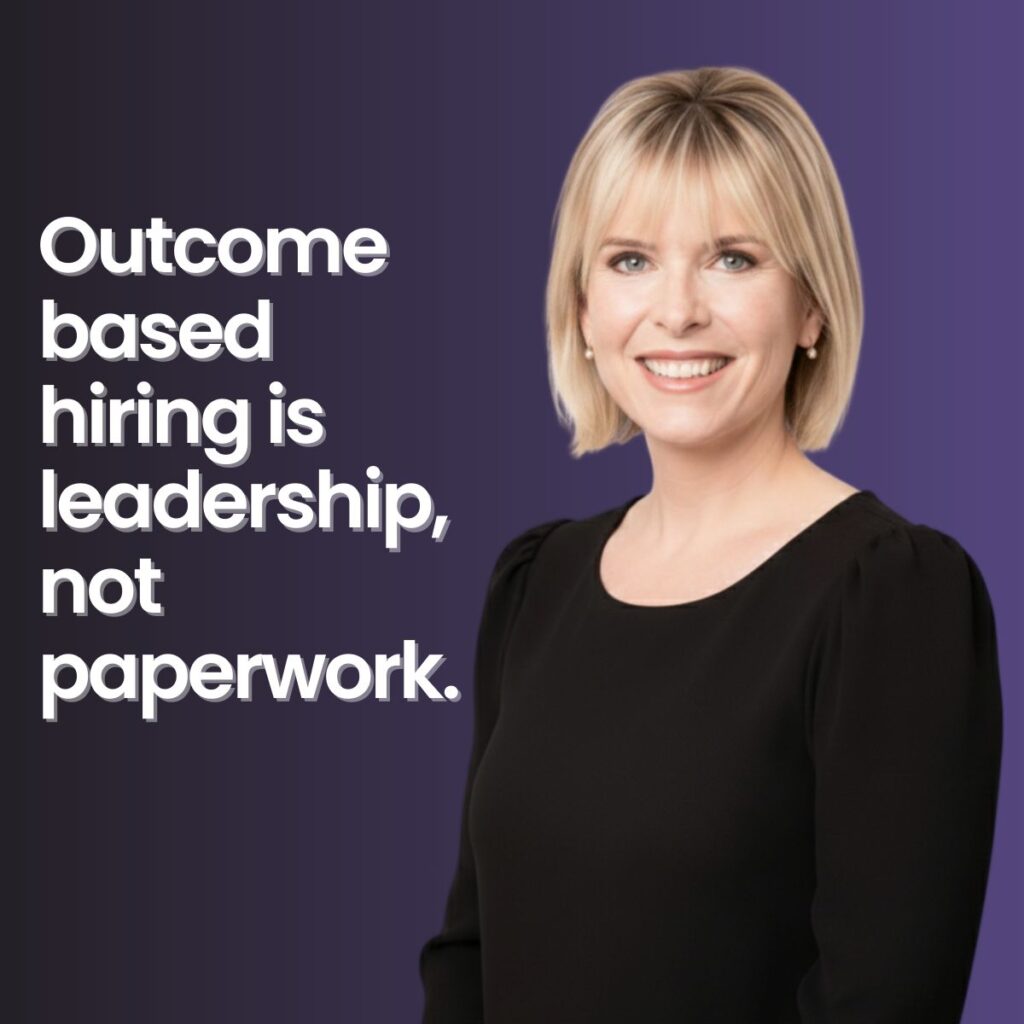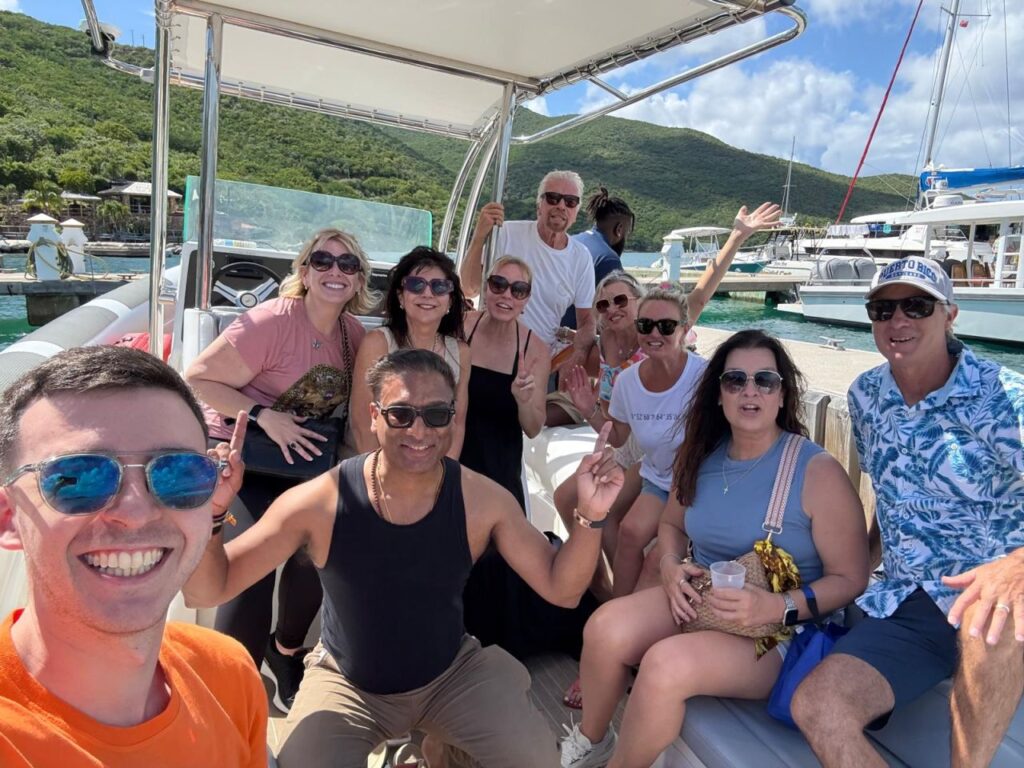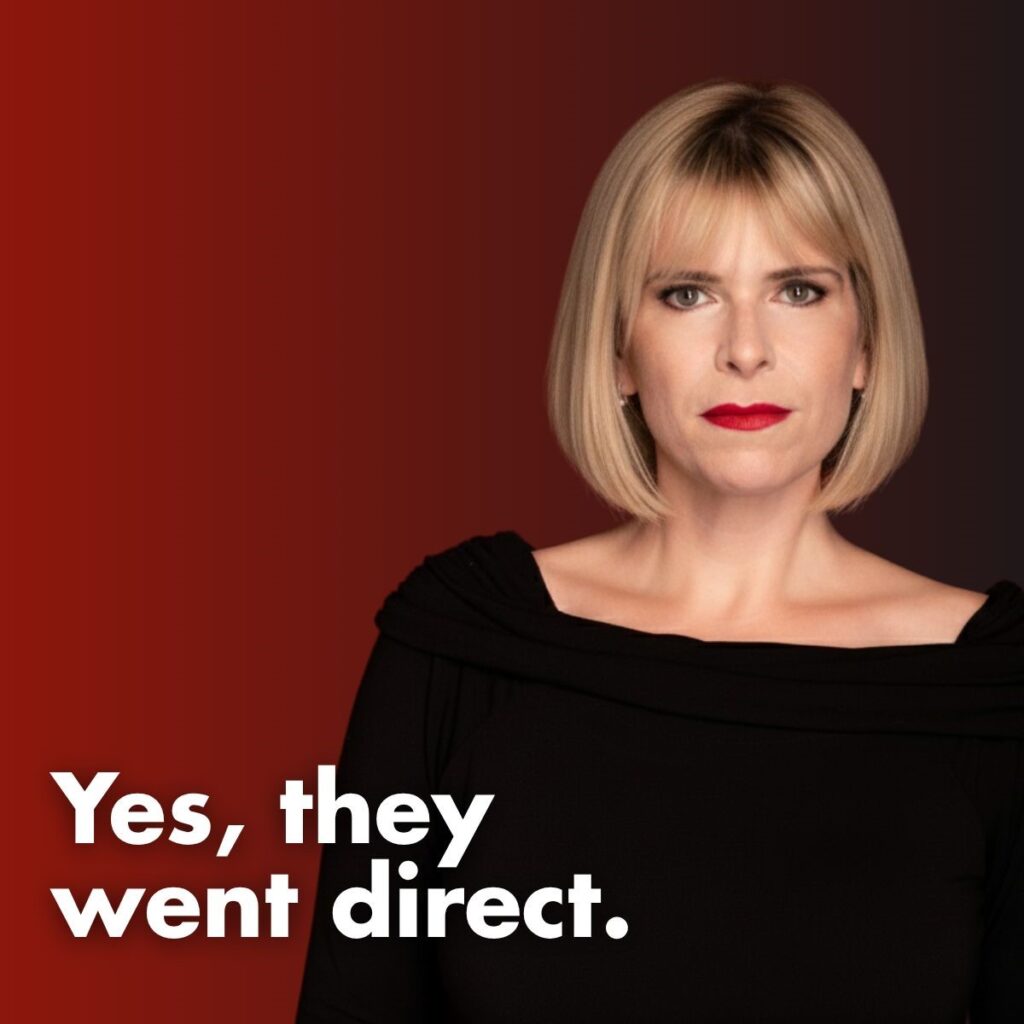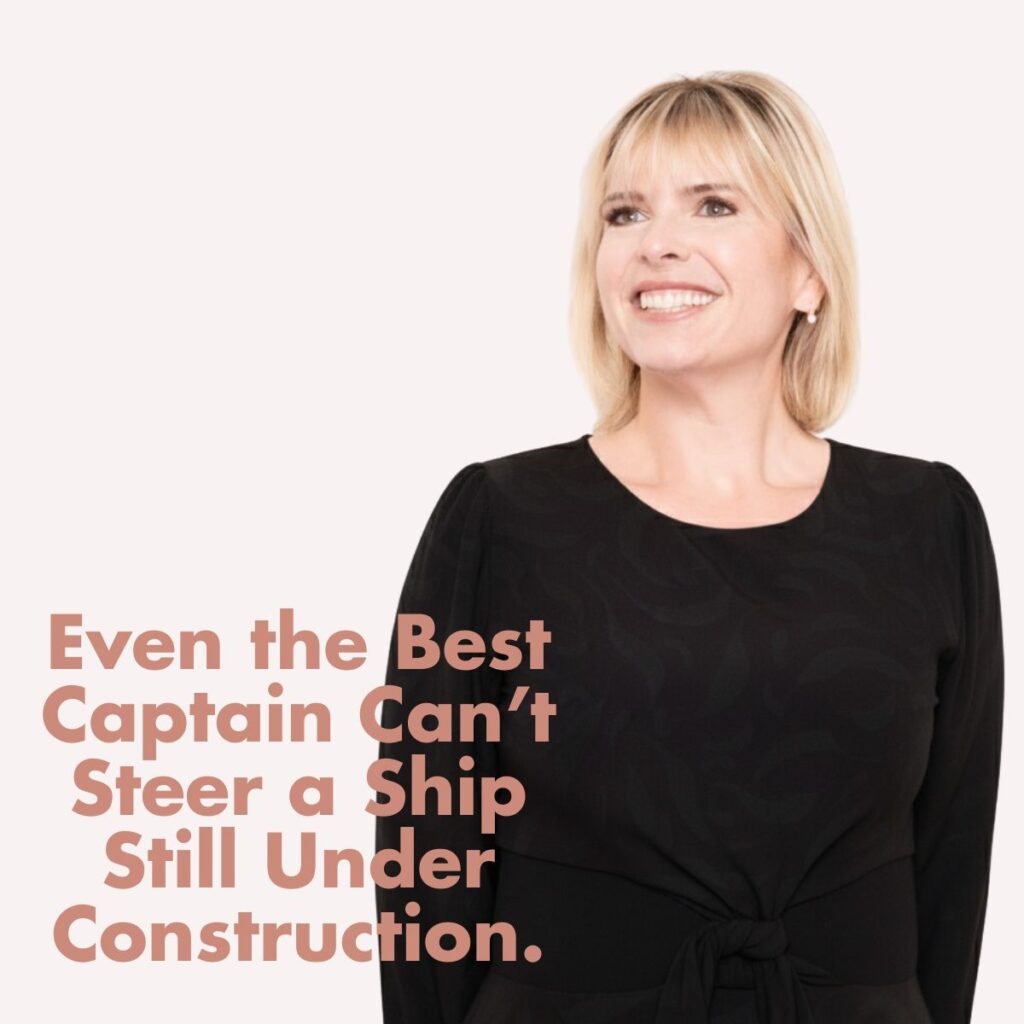Month: November 2025
Why AI Will Make Argentina Shine Even More
I Met a Billionaire. Here’s What Really Changed.
From Kitchen Table to Thriving Academy – Marlene Dandler with Rosemary Czopek
In this inspiring episode, host Rosemary Czopek sits down with Marlene Dandler, founder of Seashore Academy, to explore how a simple homeschooling idea at her kitchen table grew into a thriving educational enterprise.
Marlene shares how her journey, sparked by a mom’s desire for quality education, evolved into a full-scale in-person learning community that still prioritizes joy, hands-on learning, and excellence over spreadsheets. She built the school with no formal business plan, just a passion for community and doing what’s best for kids.
Marlene also opened up about her leadership journey, the lessons she’s learned through hiring, and how she balances on-site teachers with remote virtual assistants to keep operations smooth, efficient, and human-centered.
🎧 Tune in to hear how passion, purpose, and people-first leadership can turn a simple idea into a lasting legacy.









Recent Comments